
Origin/Endemic status: Eurasia
Synonymy: = Ar, Fl7, FNA19, Il, K1, K3, K4, Mi, NcTx, NE, NY, Pa, Va, WH3, Arriagada & Miller (1997); = Chrysanthemum leucanthemum L. – C, G, Oh3, RAB, SE1, W; = Leucanthemum leucanthemum (L.) Rydb. – S; > Chrysanthemum laucanthemum L. var. leucanthemum – F; > Chrysanthemum leucanthemum L. var. pinnatifidum Lecoq & Lamotte – F, GrPl, Tat, WV
Wetland Indicator Status:
- Atlantic and Gulf Coastal Plain: UPL
- Eastern Mountains and Piedmont: UPL
- Great Plains: UPL
- Midwest: UPL
- Northcentral & Northeast: UPL
Heliophily: 8
Hover over a shape, letter, icon, or arrow on the map for definition or see the legend.
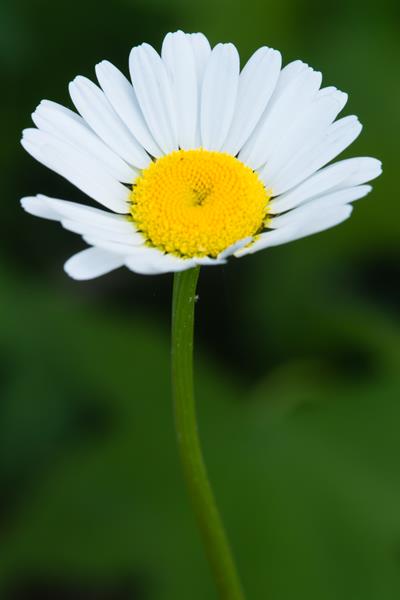 © Keith Bradley | Original Image ⭷
© Keith Bradley | Original Image ⭷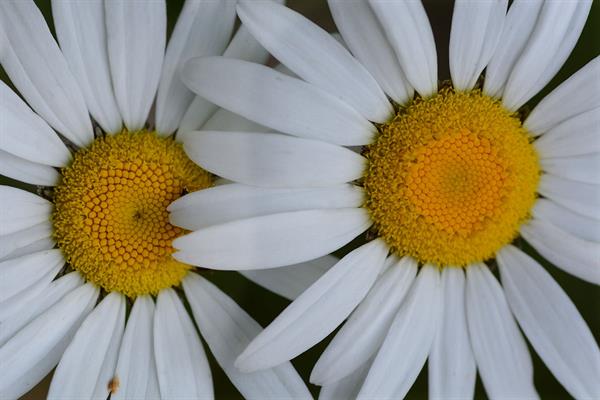 © Gary P. Fleming | Original Image ⭷
© Gary P. Fleming | Original Image ⭷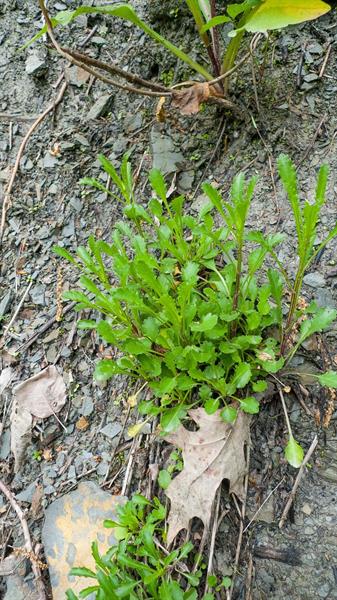 © Erik Danielson source | Original Image ⭷
© Erik Danielson source | Original Image ⭷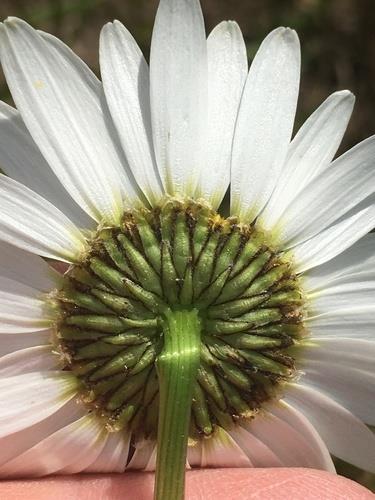 © Joey Shaw source | Original Image ⭷
© Joey Shaw source | Original Image ⭷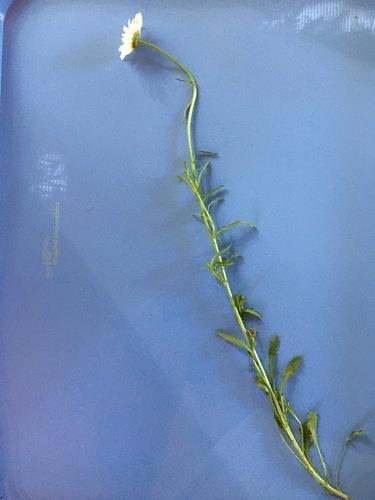 © Joey Shaw source | Original Image ⭷
© Joey Shaw source | Original Image ⭷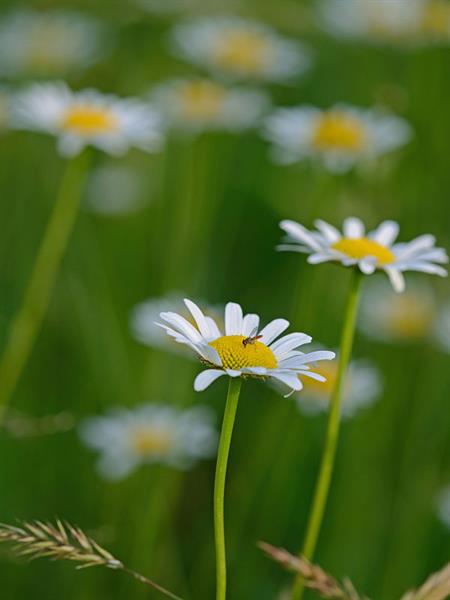 © Gary P. Fleming | Original Image ⭷
© Gary P. Fleming | Original Image ⭷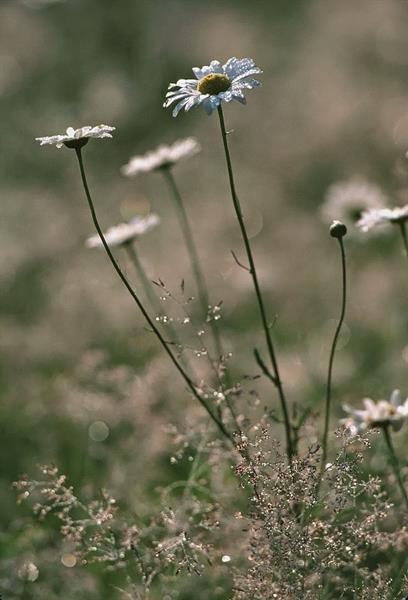 © Gary P. Fleming | Original Image ⭷
© Gary P. Fleming | Original Image ⭷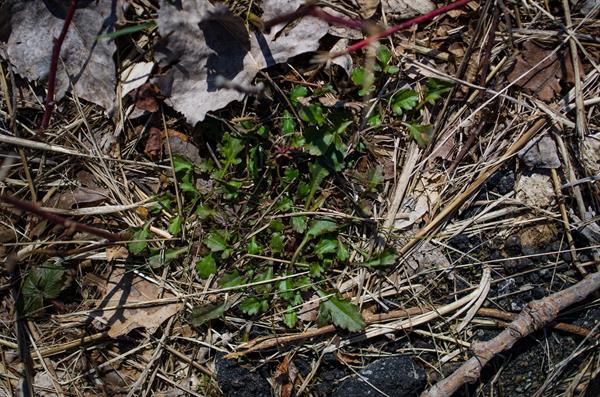 © Erik Danielson source | Original Image ⭷
© Erik Danielson source | Original Image ⭷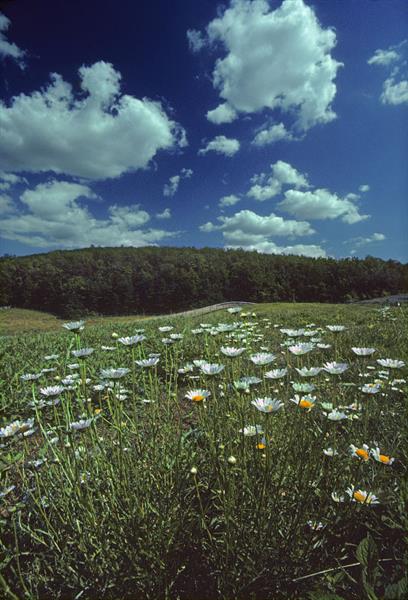 © Gary P. Fleming | Original Image ⭷
© Gary P. Fleming | Original Image ⭷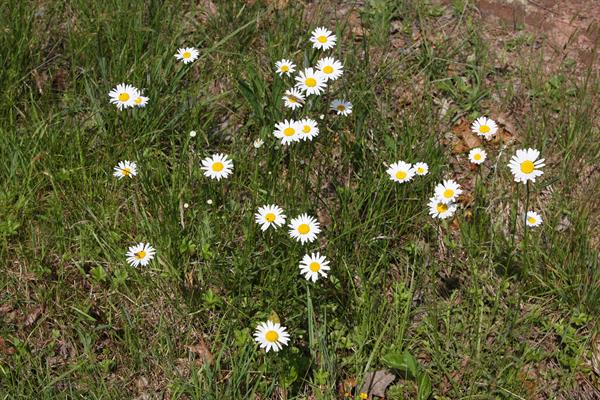 © Bruce A. Sorrie | Original Image ⭷
© Bruce A. Sorrie | Original Image ⭷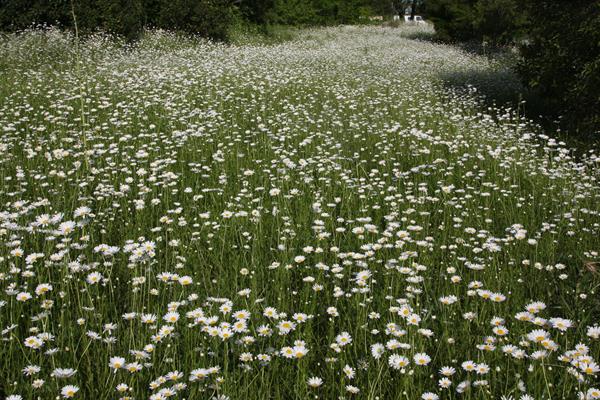 © Bruce A. Sorrie | Original Image ⭷
© Bruce A. Sorrie | Original Image ⭷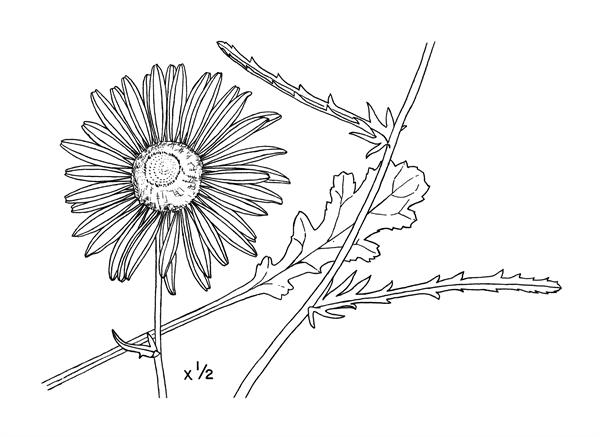 © Radford, Ahles and Bell | Original Image ⭷
© Radford, Ahles and Bell | Original Image ⭷Feedback
See something wrong or missing on about Leucanthemum vulgare? Let us know here: (Please include your name and email if at all complicated so we can clarify if needed.)
Cite as...